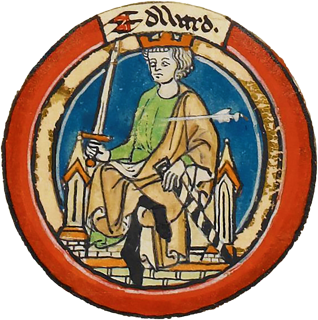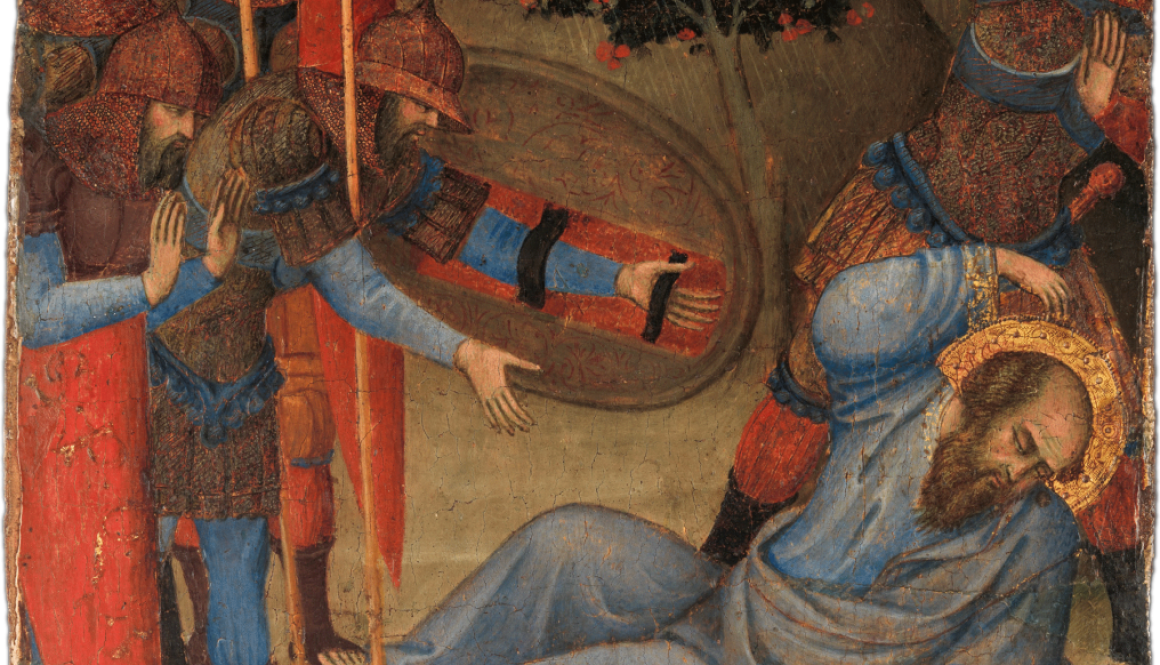19th after Pentecost (3rd of Luke) 2 Corinthians11:31-12:9
This morning’s Apostle is not easy to understand and, as the 18th century poet and writer Alexander Pope wrote, “fools rush in where angels fear to tread”. Nevertheless, maybe I am a fool but, as I read this morning’s Apostle, I felt drawn to speak about it this morning.
Paul is conscious, as he writes in the passage we heard this morning, that he might be accused of being a fool if he spoke of these things, but in fact he would not be a fool because he would be speaking the truth. He wrote, as he often did, from his own experience.
At the beginning of the passage, he writes of his escape from Damascus after his conversion and baptism in order to avoid being arrested. He was let down in a basket from a window in the wall of the city, and so he escaped.
I am sure that we all remember the account in the Acts of Saul’s, as he was known before his conversion, encounter with the Risen Lord on the road as he approached Damascus. It was there that he heard the voice challenging him, “Saul, Saul, why do you persecute me ……” He was struck blind as a result of the vision, and had to be led into the city where, a few days later, he was healed by Ananias, one of the Christian community there – one of those who Paul had been sent by the Jewish leaders in Jerusalem to persecute. Shortly afterwards he was baptised. This happened perhaps two, three, or even four years after the Resurrection of Christ.
Some twenty years or so later, Paul was writing to the Christians at Corinth, whose Church had been brought into existence through his missionary activity. We read part of this epistle this morning.
After the initial sentence, in which he refers to his escape from Damascus and, writing in about the year 56, he refers to an extraordinary spiritual experience some 14 years earlier, probably in the year 42. This would have been around nine years after the Resurrection, and roughly the same time before his first missionary journey.
By the way in which he speaks, this experience seems to have been unique, at the time of writing, never having been repeated. Pau, out of modesty, attempted to write of this experience as though it happened to someone else, but it is clear that he was actually writing of himself.
It seems that he was caught up, “whether in the body or out of the body” he knew not, into the “third heaven”. He repeats the statement, “I know that this man was caught up into “Paradise”, whether in the body or out of the body I do not know, and he heard things that cannot be told, which man may not utter.”
He uses the expressions “the third heaven”, and “Paradise” as alternatives for the same thing. In New Testament times, in Jewish tradition, there were considered to be three heavens. The first heaven was the world in which we live – a world initially created good, a “paradise”, according to Genesis, but which had been afflicted and corrupted by sin – not a heaven as that word is usually understood.
The second heaven was the sphere of the planets, the stars, and the galaxies as far as, and far beyond, what could be seen.
The third heaven lay beyond the second heaven, and there was the throne of God – heaven as we tend to think of it.
Perhaps, with our modern scientific insights, we may think of the third heaven as being beyond the limitations of a three dimensional universe of space and time, beyond our knowledge and experience – for now. Beyond spatial and temporal limitations, this third heaven may be very close to us, but concealed through our own limitations, and particularly the reality of sin. This hidden place is a reality into which many Christian mystics have found themselves transported in prayer.
So it was that fourteen years before he writes, Paul had been transported into the presence of God himself, where “he heard things that cannot be told, and which man may not utter”. In other words this was an event in which he experienced revelations from God himself to prepare and strengthen him for his future work as a Christian missionary.
This was an extraordinary, an ecstatic experience for Paul, but in order that he should not be too elated, he was given a “thorn in the flesh” to harass him. What this thorn in the flesh was is not specified. The Orthodox Study Bible suggests that it might have been a chronic physical problem, or perhaps deluded Christian leaders, or perhaps hard-hearted Israelites. I once heard it suggested that he was an epileptic, and many Christian pastors will recognise the experience of at least some thorns among their flocks.
Whatever the “thorn in the flesh might have been”, Paul begged the Lord that it should leave him, but the answer was clear, “My grace is sufficient for you, for my power is made perfect in weakness.” That answer satisfied Paul because he was than able to declare that he would gladly boast of his weaknesses, in order that the power of Christ might rest upon him.
It has been said that, when we pray, and ask God for something we shall get one of three answers – “Yes”, “No”, or “Wait. When we complain that God doesn’t answer our prayers it is usually because he doesn’t give the answers that we think he ought to give. It is important that, whatever the answer may be, provided that we have prayed in sincere faith we should accept that answer.
Paul was a man of extraordinary faith, who had been given an extraordinary mission. In order to sustain and uphold him among all the trials of his ministry during the years ahead, and in addition to his extraordinary conversion experience, he had been given a revelation which was beyond anything he could describe. This enabled him to face and endure persecutions, hardship and eventually, the death of a martyr. By the grace of God, Paul the Pharisee had become a worthy “Apostle of Christ to the Gentiles”.

